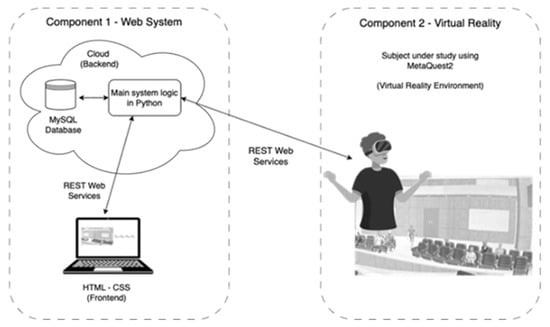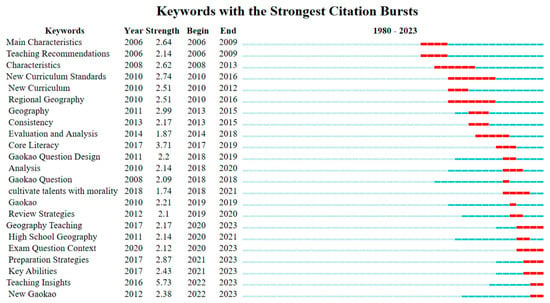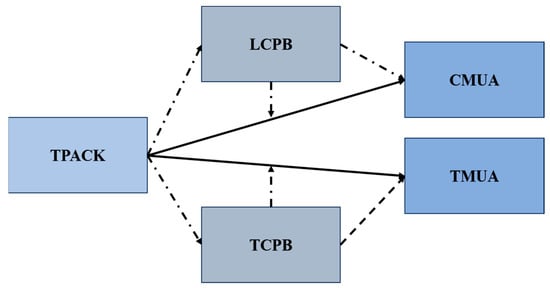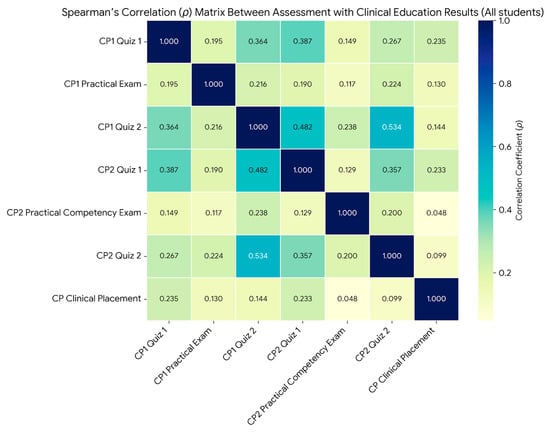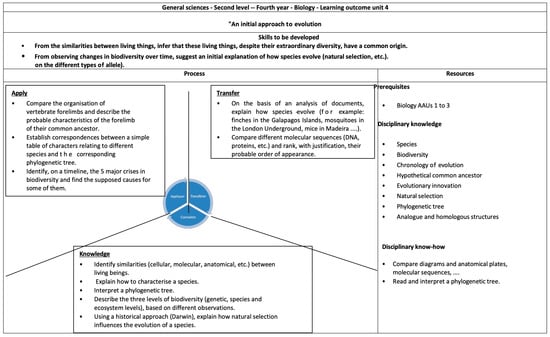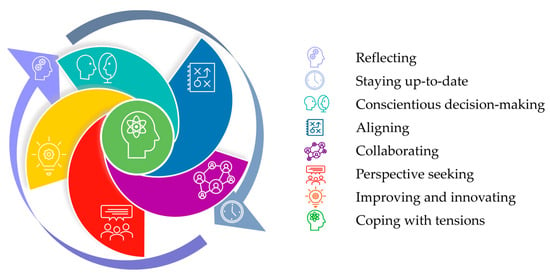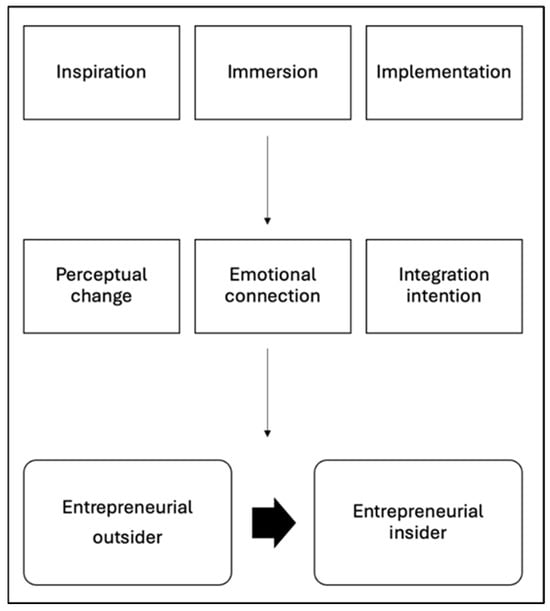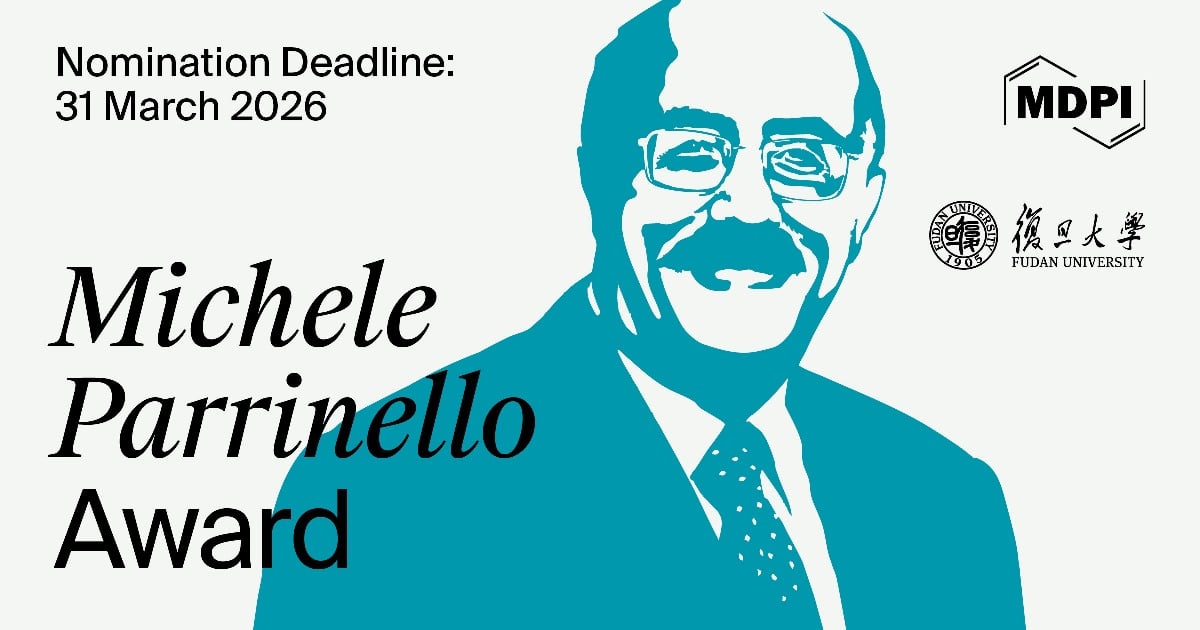Journal Description
Education Sciences
- Open Access— free for readers, with article processing charges (APC) paid by authors or their institutions.
- High Visibility: indexed within Scopus, ESCI (Web of Science), Educational Research Abstracts, PsycInfo, and other databases.
- Journal Rank: JCR - Q1 (Education and Educational Research) / CiteScore - Q1 (Physical Therapy, Sports Therapy and Rehabilitation)
- Rapid Publication: manuscripts are peer-reviewed and a first decision is provided to authors approximately 29.2 days after submission; acceptance to publication is undertaken in 3.9 days (median values for papers published in this journal in the first half of 2025).
- Recognition of Reviewers: reviewers who provide timely, thorough peer-review reports receive vouchers entitling them to a discount on the APC of their next publication in any MDPI journal, in appreciation of the work done.
- Companion journal: AI in Education.
- Journal Cluster of Education and Psychology: Adolescents, Behavioral Sciences, Education Sciences, Journal of Intelligence, Psychology International and Youth.
Latest Articles
E-Mail Alert
News
Topics
Deadline: 31 December 2025
Deadline: 28 February 2026
Deadline: 11 March 2026
Deadline: 15 June 2026
Conferences
Special Issues
Deadline: 15 December 2025
Deadline: 15 December 2025
Deadline: 15 December 2025
Deadline: 15 December 2025





